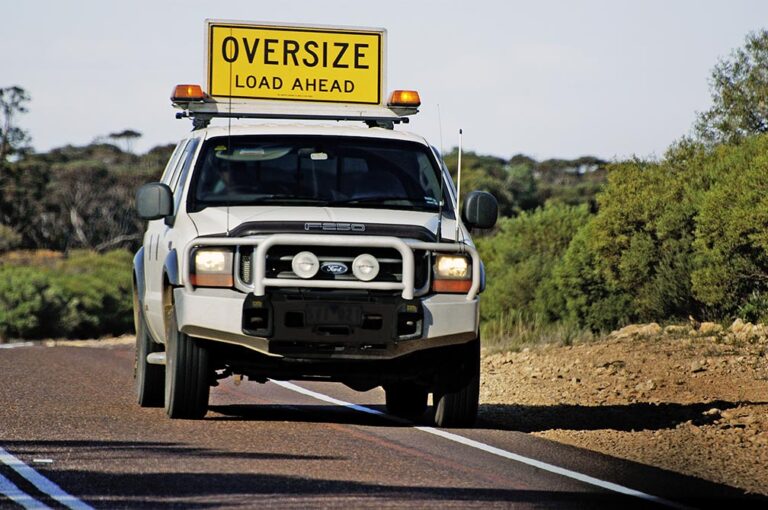WASHINGTON — The National Pilot Car Association (NPCA) is participating in a National Pilot Car Stakeholder Advisory Group, along with the Specialized Carriers and Rigging Association, the American Association of State Highway Transportation Officials (AASHTO), Federal Highway Administration (FHWA) and the Commercial Vehicle Safety Alliance (CVSA)\, to try and form a nationalized pilot car training curriculum.
“Collaboration between carriers and pilot cars has grown, and the coming together of these industries has improved dramatically in the last 10 years because everyone agrees that we can all benefit by working together,” Michael Morgan, NPCA legislative vice president, told Crane Hotline.
A nationally recognized training curriculum would help reduce risk by making sure pilot car operators meet specific requirements, according to NPCA officials. It would also reduce the carrier’s responsibility in case of an accident, the NPCA contends.
“More and more carriers are requiring pilot and escort vehicle operators (P/EVO) to be certified. However, only 13 states require P/EVO certifications, and the lack of regulations creates a lot of liability,” Bill Wegrzyn, NCPA president, said.
“Increased regulations would also protect the pilot car operator because they would be able to prove that they have been trained properly,” according to the NPCA.
In the meantime, the FHWA’s P/EVO Best Practices document provides a comprehensive guide for pre-planning, including route review plus pilot-vehicle and equipment preparation. It also covers how to handle challenges like railroad crossings, emergency procedures and post-trip evaluations.
“More organizations are recognizing the importance of pre-trip planning, and while it’s been a long road getting to this point, working together improves safety for everyone,” Wegrzyn said.
The Trucker News Staff produces engaging content for not only TheTrucker.com, but also The Trucker Newspaper, which has been serving the trucking industry for more than 30 years. With a focus on drivers, the Trucker News Staff aims to provide relevant, objective content pertaining to the trucking segment of the transportation industry. The Trucker News Staff is based in Little Rock, Arkansas.








